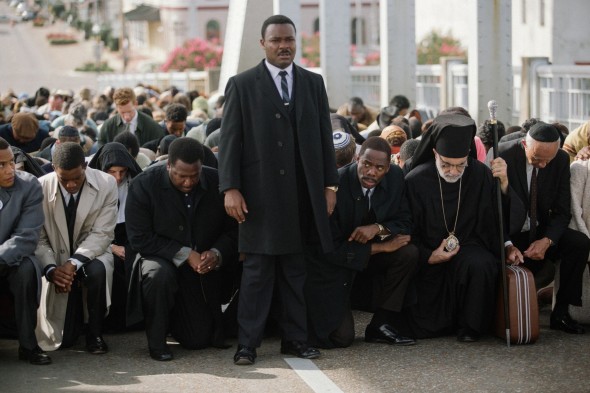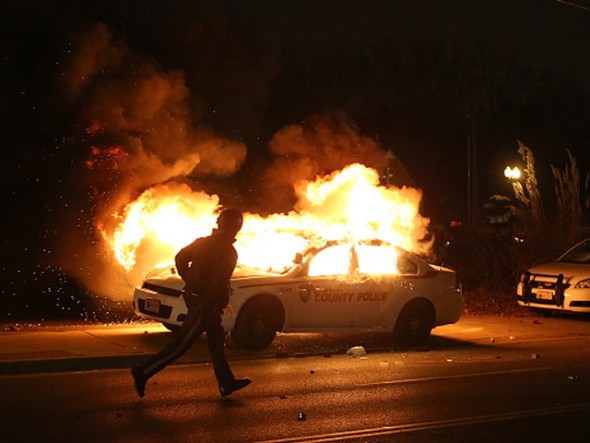Written by Lila Ojha, reviewed by Brooke Stobbe
Oscar-2015 best picture nominated movie “Selma” has shown vivid notion of the pivotal civil right movements in 1965, where Dr. Martin Luther King strongly stood for equality and voting rights of African American. He was driven by peaceful demonstration, negotiation and resistance to spread his mission.

After watching Selma, my judgment between Ferguson riots and civil rights march in 1965 was quite different because of its primary concern. Dr. Luther King strongly supported non-violence protest and stood for removing root cause of social discrimination and segregation for all blacks in U.S. But the Ferguson riot was related in a personal issue of Michael Brown who stole stuff from a convenience store, which is not equally worthy and comparable with Selma movements.

However, Brown issue recalled a sort of partiality toward blacks in the past. Then it became a big issue of ethnic identity and dignity among blacks. For instance, if some white teen was confronting with white police officer Darren Wilson on this case, instead of black teen Michael Brown, Wilson might not motivated to shoot multiple fires on this white teen. The evidence shows that there is somehow negative perception towards black minorities from the white’s eyes. It’s also shown by Pew Research Center’s survey after grand jury decision that not indicted a white police officer in the killing of teen Michael Brown.
Importantly, media outlets seemed more polarized by race news coverage in Ferguson issue. They pushed for highlighting protesters and stimulate to make negative perception between black and white communities rather to disseminate in-depth reason behind the vandalism. I think media didn’t take the social responsibility by telling facts and fair to the public.
However, the civil right movements in Selma has shown that media took vital role to disseminate the facts to the public. Because of fair media dissemination, diverse group of people started to support the civil rights movements and ultimately blacks owned their rights with the support of different communities in the Selma city.
In facts, if media outlets play a monolithic role and take the social responsibility, they can play the paramount role to maintain and create harmony in the society.

I thought it was important that you highlighted that the Ferguson protests were violent and Selma was peaceful. Race was a large part of both protests and conflicts, but Selma had the single, peaceful leader in Martin Luther King Jr. and Ferguson didn’t have a single voice to lead the team. Great post!